Tour de France: night-time doping tests done before the race
Brailsford accepts tests as a 'necessary evil'
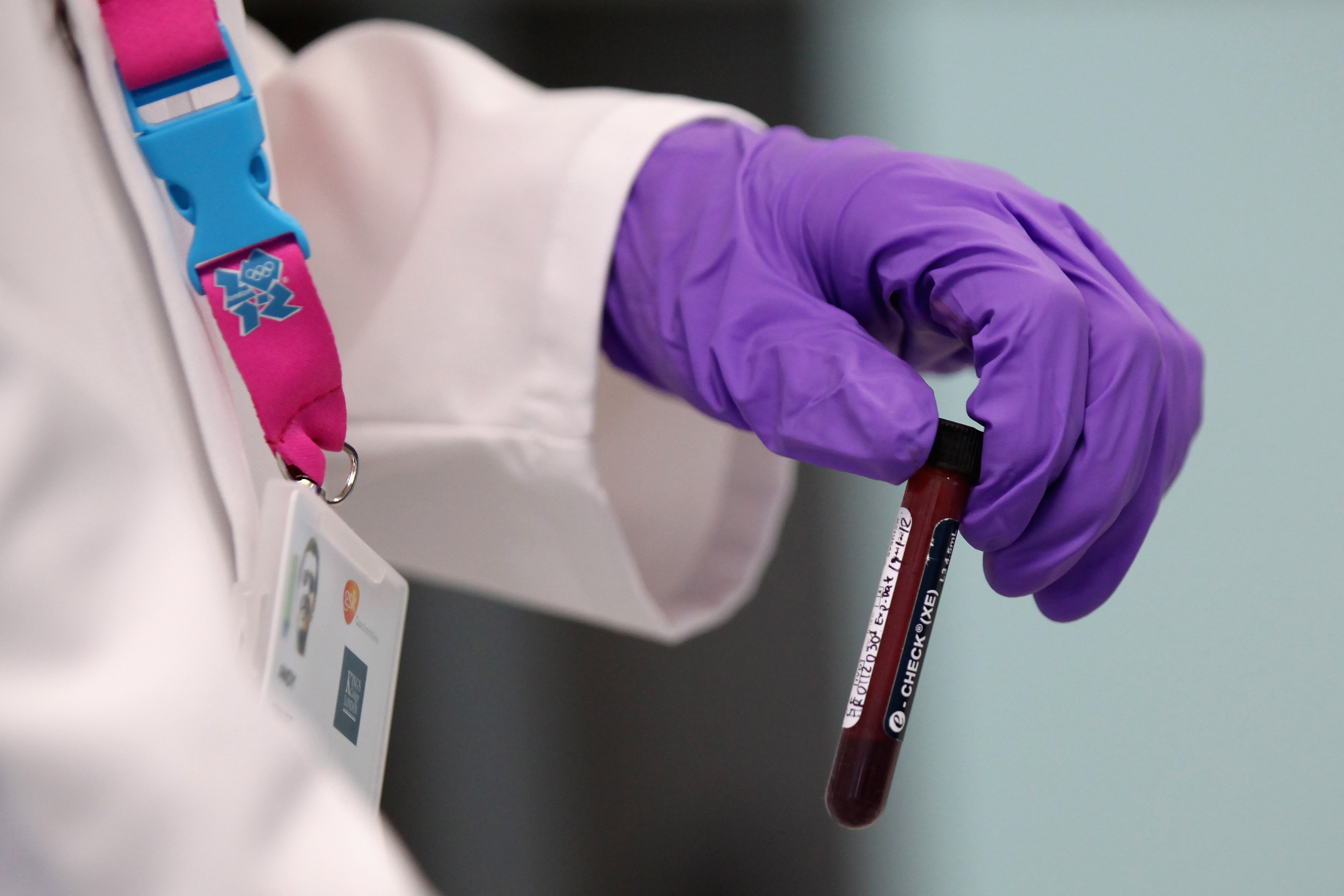
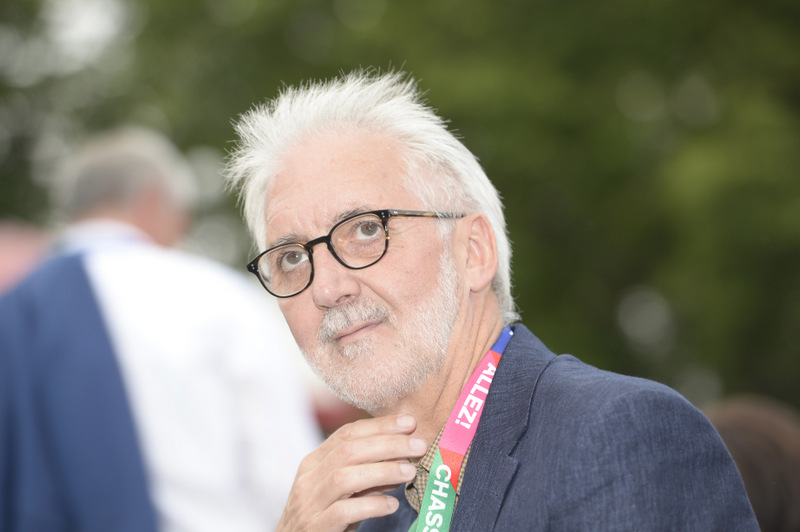
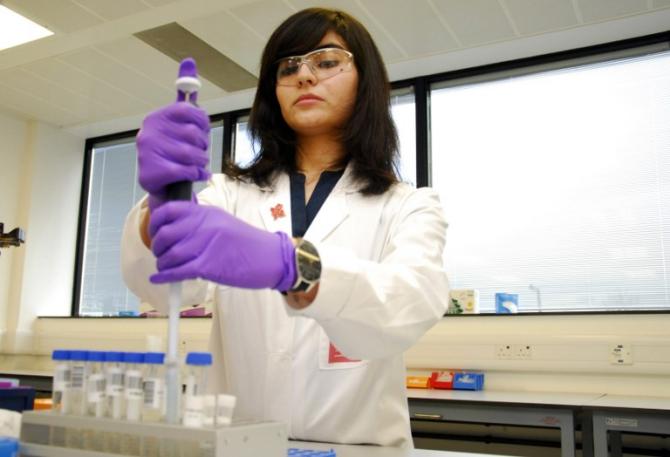
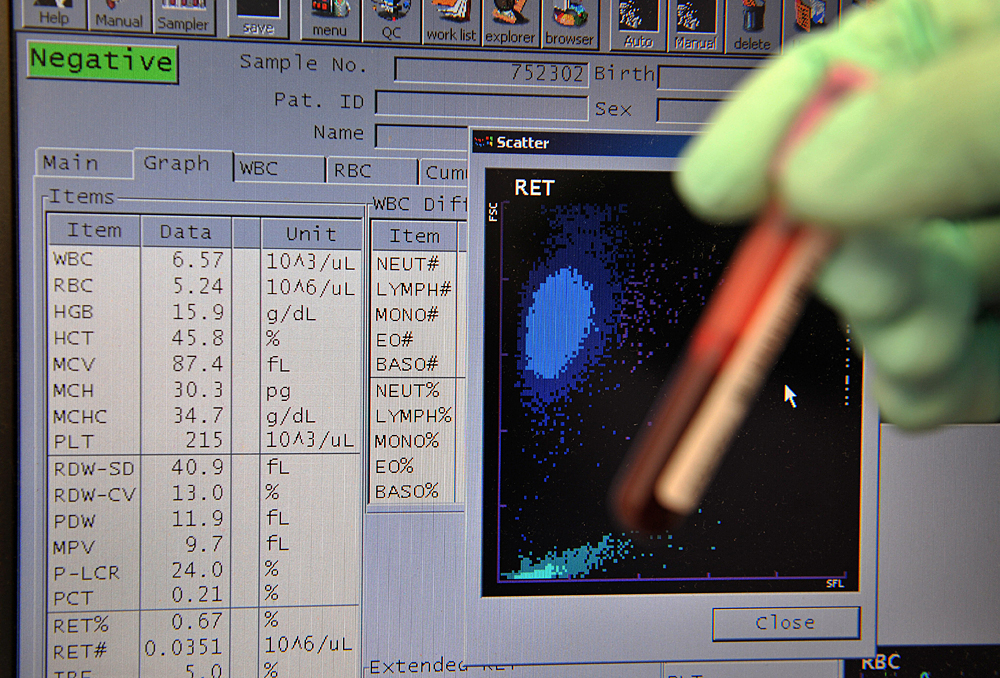
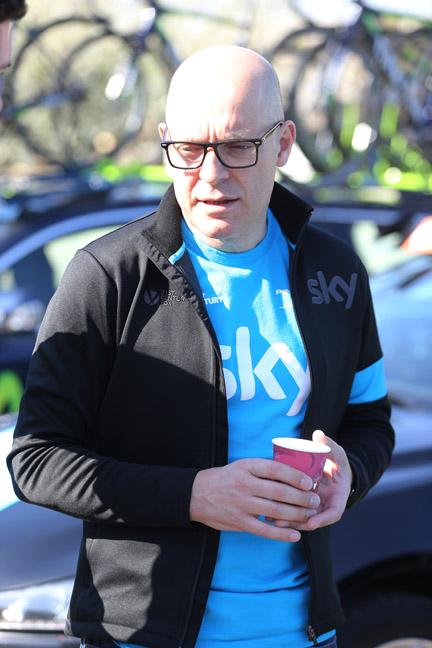
Night-time drug tests have been carried out ahead of this year’s Tour de France by the UCI’s independent testing body, the CADF.
UCI President Brian Cookson confirmed the news to Cyclingnews ahead of the Tour de France start in Utrecht, stating that riders have already been tested in the lead up to the race. The measure means that selected riders, can be woken up during the middle of the night in order to provide samples for anti-doping agencies. The new protocol was introduced after being recommended by the CIRC earlier this year.
Riders can now be tested in and out of competition regardless of the traditional no-testing window from 11pm to 6am. It is suspected that athletes take micro-doses EPO during the night, with the no-testing window giving enough time for the blood-boosting drug to pass through their system and so not be detected in day-time anti-doping tests.
“I understand from the CADF that the first night time tests have taken place. That’s a part of our armoury in the fight against doping,” Cookson told Cyclingnews.
“I can’t say anything on who has been tested, where or when but night time testing is now happening. I can’t comment if that’s happening at the Tour but it has been brought in during the last months.”
“It’s not something that will take place every night but it is now part of the possibilities for the CADF and the national anti-doping agencies when they think that it’s appropriate and I understand that the first few tests have taken place in the last few weeks.”
Cyclingnews raised the issue at Team Sky’s pre-race press conference on Friday, asking team manager Dave Brailsford his thoughts on the issue.
“I think that it’s a necessary evil,” he said.
Get The Leadout Newsletter
The latest race content, interviews, features, reviews and expert buying guides, direct to your inbox!
“Where do we go with it? Do we just say no and try keep fighting away for what we all want is a clean sport. If that’s deemed to be necessary then it’s deemed to be necessary.”
Brailsford added that night-time testing would have an affect on performance but stressed that the sport must take tough measures in order to fight doping.
“For sure it will have an impact on performance but there’s a trade off there. The sport being where it is at the moment I think it’s a trade off that we should be willing to take. Ultimately it would be a shame if the big races were determined by sleep deprivation rather than by the best rider in the race but if that’s what we’ve got to do, then that’s what we’ve got to do.”
Daniel Benson was the Editor in Chief at Cyclingnews.com between 2008 and 2022. Based in the UK, he joined the Cyclingnews team in 2008 as the site's first UK-based Managing Editor. In that time, he reported on over a dozen editions of the Tour de France, several World Championships, the Tour Down Under, Spring Classics, and the London 2012 Olympic Games. With the help of the excellent editorial team, he ran the coverage on Cyclingnews and has interviewed leading figures in the sport including UCI Presidents and Tour de France winners.
